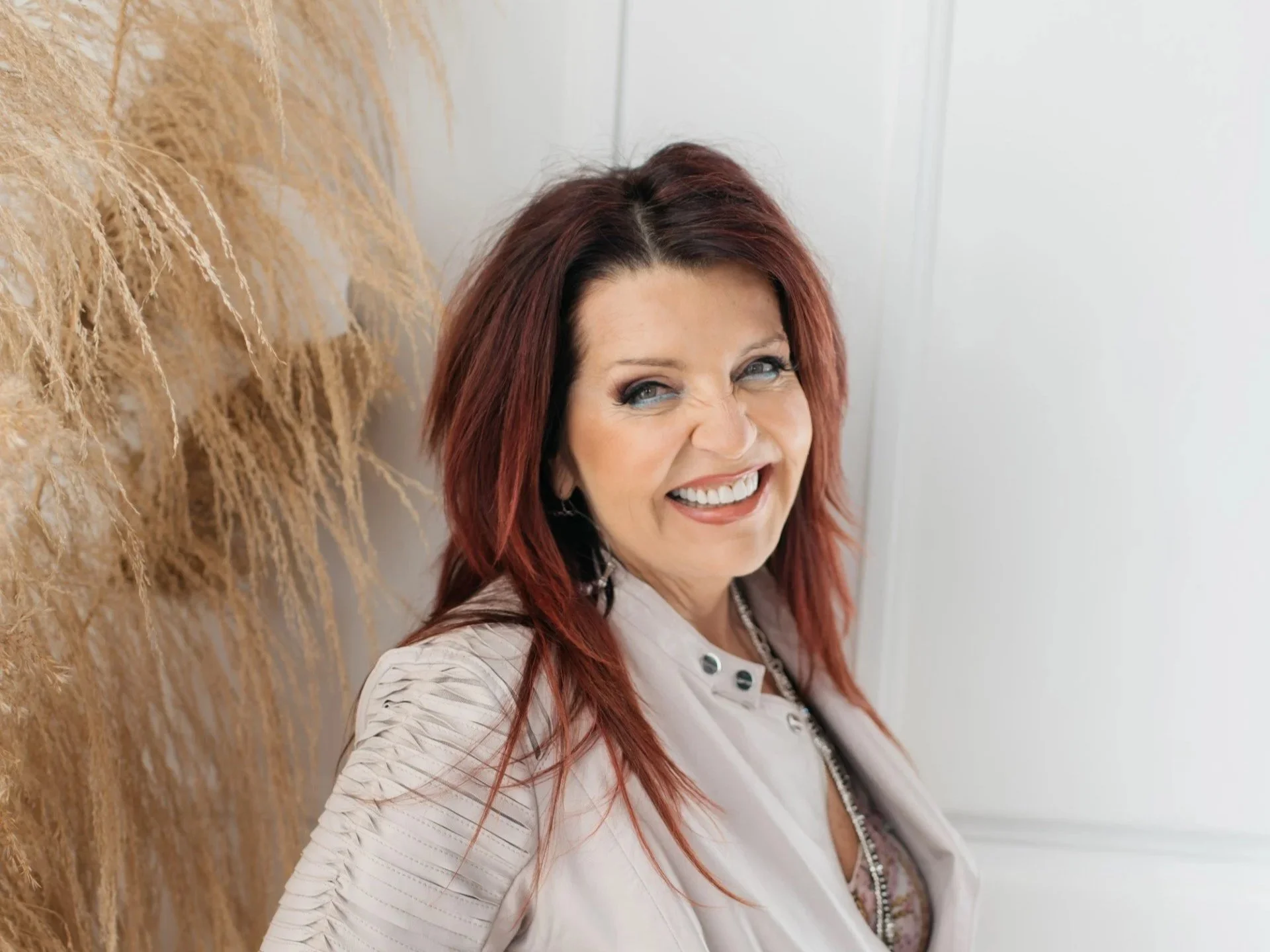This time of year is a season that provides for us the opportunity to stop our busy lives for a moment and give thanks for our many gifts and blessings.
This time of year is a season that provides for us the opportunity to stop our busy lives for a moment and give thanks for our many gifts and blessings.
The holiday season is upon us. For many it can be the most wonderful time of the year, but for others, it can be the loneliest. If you have lost a loved one or suffered a breakup with a spouse/significant other or friend, the holiday season is a constant reminder of the loss. Grief at any time of the year is painful, but it feels especially traumatic during the holidays.
The anxious/avoidant struggle is surprisingly common. Research suggests that a significant number of couples experience this push-and-pull dynamic where repeated cycles of closeness and withdrawal can create confusion emotional exhaustion, and self-doubt, making it feel far more challenging than it needs to be.
In today’s hyper-connected world, it’s becoming increasingly common for people to spend more time on social media than engaging with their significant other. While this behavior may seem harmless at first glance — just a few minutes scrolling through updates or watching short videos — it can slowly erode the quality of connection in a relationship. The dynamics behind this shift are complex. Social media offers instant gratification, distraction from stress, and the illusion of social interaction. Unlike real-life relationships, which require emotional effort, patience, and vulnerability, social media provides a curated escape where a person can control what they see and how they are seen. This allure can be especially tempting when real-life relationships feel difficult, unfulfilling, or mundane.
Colette Baron-Reed helps people turn intention into inspired action and step into lives of clarity, purpose, and fulfillment.
Lorna Byrne offers a unique insight into the angelic help that is around us and available to us all the time.
Wm Paul Young discusses the potency of love and forgiveness, the road of reconciliation, the surprises of transformational healing, and the unexpected emergence of joy.













